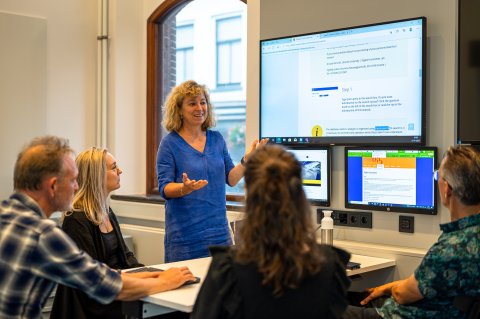
Digital Humanities Walk-in Hours
Do you have questions about creating datasets, sharing them or data security? Struggling with your Python script? Looking for a suitable digital tool to use for your research project? Do you have questions on how to analyse your data with R? You are welcome to visit the Digital Humanities Walk-in Hours for face-to-face advice about
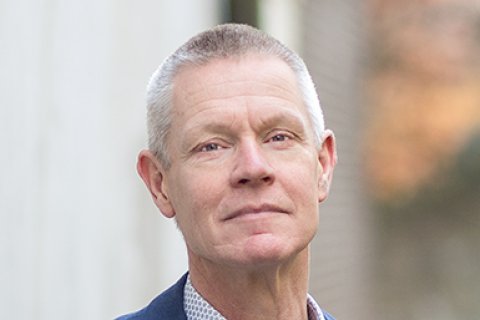
Hugo Quené introduces himself as track leader FAIR data & software
The UU Open Science Programme introduces new members of the Open Science community. This time, Hugo Quené, professor in quantitative methods of empirical research in the humanities, director of the Centre for Digital Humanities at UU and the new leader of FAIR data & software within the Open Science programme. Who is Hugo Quené? Originally,

eScience Center Call: Digital approaches to the Humanities
This call for proposals, launched by the Netherlands eScience Center, aims to help researchers in the Humanities who require research software or digital tooling to answer their research problem. Researchers new to applying digital research methods as well as experienced users are encouraged to apply. A successful proposal should address a research question in a

Digital Humanities Walk-in Hours – Python, R, Digital Humanities software and Research Data Management
Do you have questions about creating datasets, sharing them or data security? Struggling with your Python script? Looking for a suitable digital tool to use for your research project? Do you have questions on how to analyse your data with R? You are welcome to visit the Digital Humanities Walk-in Hours for face-to-face advice about
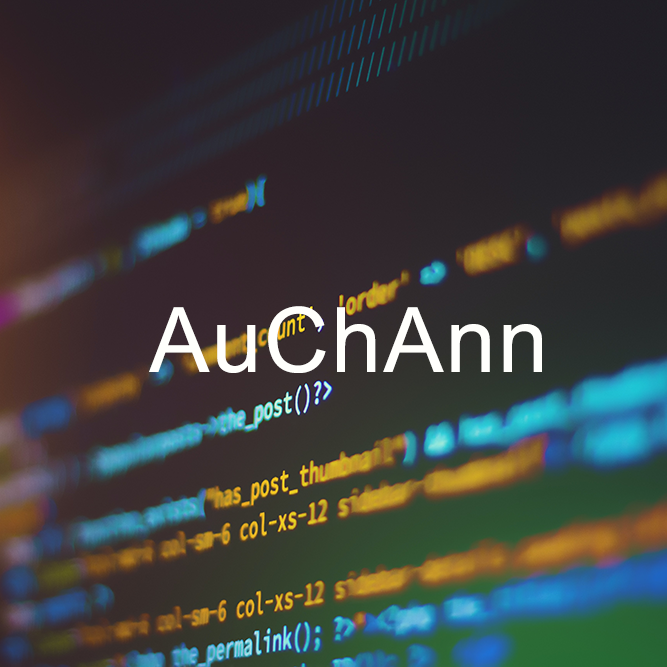
Digital Humanities Lab launches AuChAnn
The Digital Humanities Lab (DHLab) recently launched AuChAnn, the Automatic CHAT Annotation tool. AuChAnn is a python library that can read a Dutch transcript and interpretation pair and generate a fitting CHAT annotation. Scientific developers Sheean Spoel and Mees van Stiphout of the DHLab developed AuChAnn in collaboration with Frank Wijnen, Professor of psycholinguistics at

Open Science grant awarded to Digital Humanities Lab
The scientific developers of the Utrecht Digital Humanities Lab (DHLab) have been awarded a grant from the Open Science Fund. The main objective of the rewarded project is to make the past and future research software of DHLab as FAIR (Findable, Accessible, Interoperable and Reusable) as possible. The Open Science Fund is an opportunity for Utrecht University and
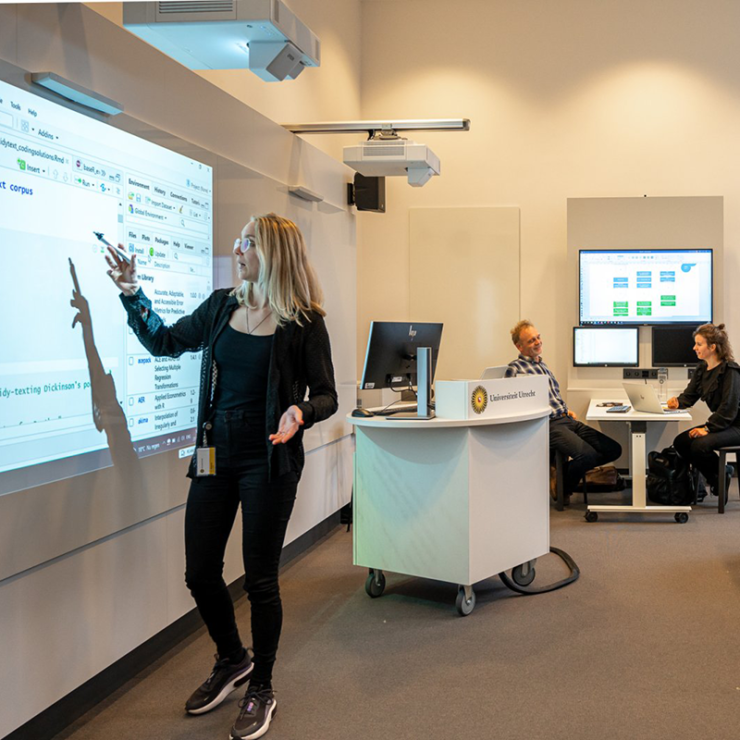
CDH Staff Education Program Sept – Dec 2022
We are proud to present the new staff education program of the Centre for Digital Humanities (CDH). We again offer a diverse program with lectures and hands-on workshops on all kinds of different aspects of digital humanities. Registration is open now. Attendance to CDH courses and workshops (not the webinars) will be compensated by the Centre for Digital Humanities
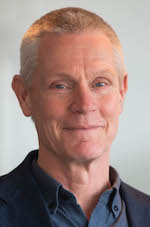
Hugo Quené becomes track leader within the UU Open Science Programme
The Open Science Programme was established by Utrecht University to stimulate and facilitate researchers to put open science into practice. Hugo Quené, director of the Centre for Digital Humanities, will lead the FAIR data & software track within this programme. Utrecht University wants to promote open science as part of its promise to make science
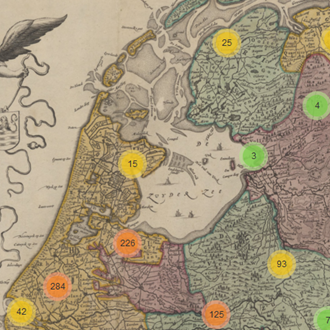
UB & CDH Workshop: Visualizing spatial data on the georeferenced maps of the Special Collections
During this unique demo-workshop Ruben Schalk, Information- and Collection Specialist at the University Library, will show and teach you how to integrate the digitized maps of the Special Collections or your own dataset into data visualizations within a few steps. The famous seventeenth-century ‘Atlas Maior’ van Blaeu, contains hundreds of detailed maps from across the
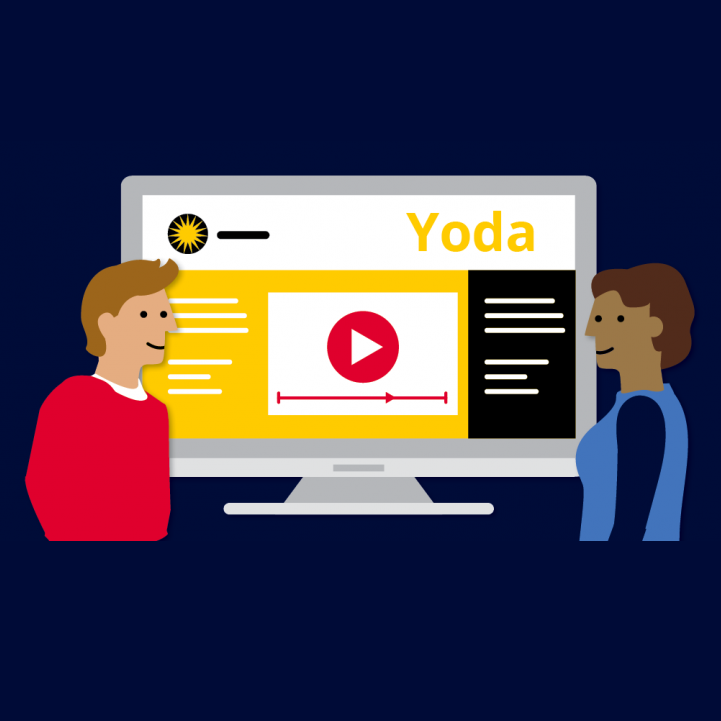
CDH Workshop: Yoda for Humanities
During this workshop Frans de Liagre Böhl, data manager for the Faculty of Humanities, will provide a hands-on introduction to Yoda, and will help you navigate the data related choices you encounter during the different phases of your research. Yoda is the default storage infrastructure for research data in the Humanities faculty at Utrecht University.
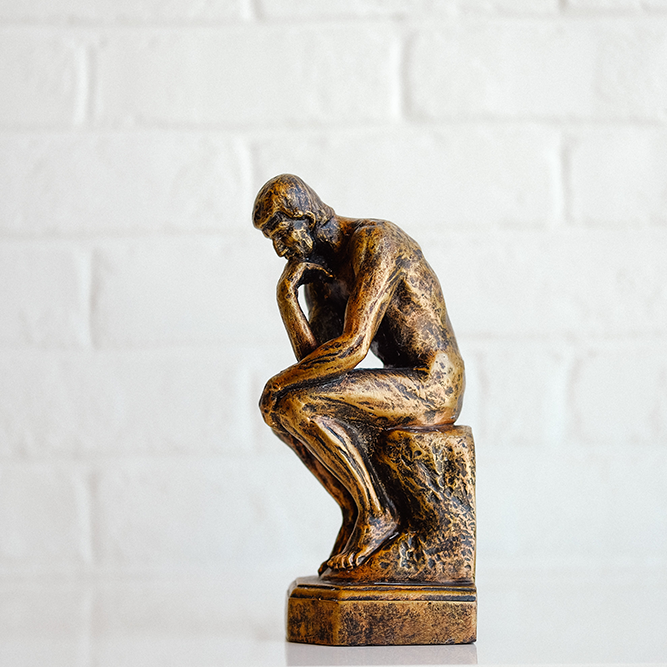
CDH Tutorial: Philosophy and computer simulations – two incompatible realms?
What role can computational models play in philosophy? Theoretical philosopher Dominik Klein will try to answer this question during this tutorial on November 30. This tutorial provides additional and practical insights on Rainer Hegselmann’s lecture on Opinion Dynamics on November 18, but can also be followed independently. At first sight, computer simulations and philosophy seem an
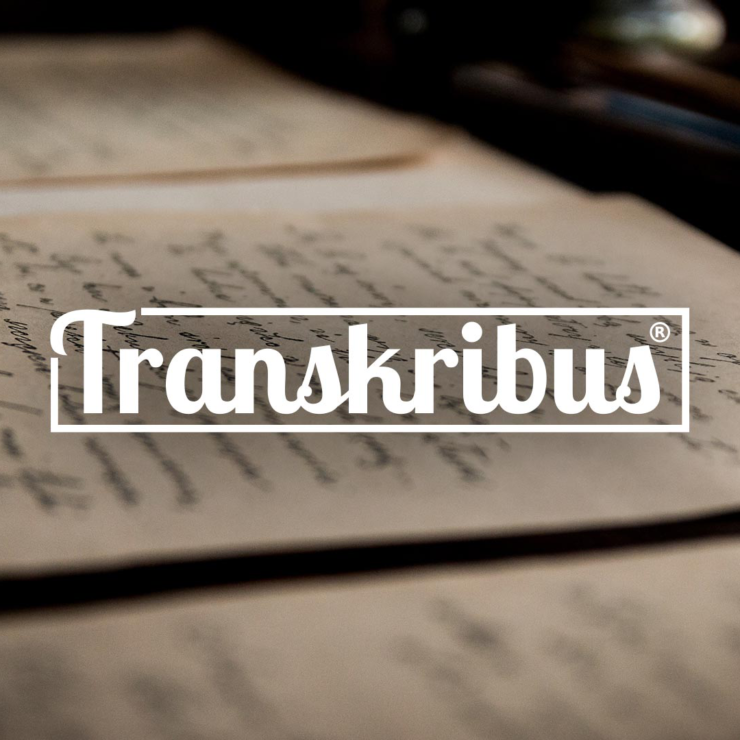
UB & CDH Workshop: Transkribus and Optical Character Recognition for humanities staff
During this entry level demo-workshop Ruben Schalk, Information- and Collection Specialist at the University Library, will demonstrate and teach how to use Optical Character Recognition software and Transkribus on example texts or material from your own research. Thanks to improvements in AI, printed and handwritten texts can now be read almost perfectly by computers, using

